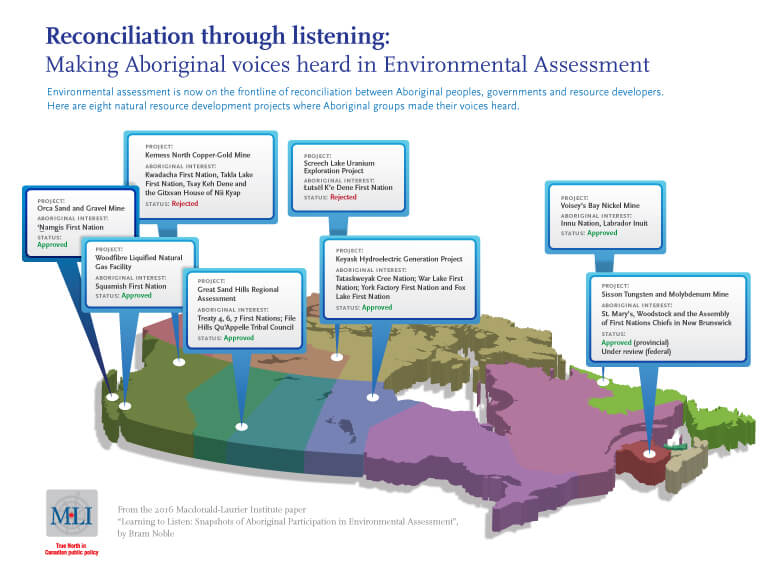The strategic context is important. The worst outcome to follow would see Russia withdrawing from the INF-Treaty. Resurgence of a new arms race is the greater threat to North America, argues Christian Leuprecht in The Globe and Mail.
by Christian Leuprecht, July 4, 2016
Ahead of next week’s NATO summit in Warsaw, Canada appears ready to take command of a combat battalion as part of NATO’s impending announcement on the forward-positioning of a combat battalion to each of Estonia, Latvia, Lithuania and Poland.
Canada, along with the three other lead-countries, would contribute about 500 troops on a permanent basis, and other NATO members about 500 additional troops on a rotating basis. In comparing the plan to Operation Barbarossa, Germany’s heinous attack on Russia in 1941, Russia selectively neglects to mention how the Soviet Union had hitherto annexed the Baltics, the remainder of Poland, and Romania under cover of the Hitler-Stalin-Pact. A total of 4,000 troops across the three Baltic states and Poland pose no military threat to Russia; contrary to Russia’s spontaneous and unannounced manoeuvres of 95,000 soldiers to which, in contravention of its international obligations, it does not invite international observers. Given this context, to call NATO’s forward-positioning of troops – not a “deployment” as NATO is careful to point out – a provocation is to buy into Russian propaganda while ignoring the strategic context.
Cause for concern are not the official signals being sent at the Warsaw summit, but the background noise, especially the development of new carrier systems for nuclear weapons
NATO calls it the “Suwalki gap”: a 120-km corridor along the border between Poland and Lithuania. In the North it adjoins the Russian exclave of Kaliningrad, in the South Belarus. All military kit and supplies to defend the Baltic states would have to pass through here. NATO allies would have 36 to 60 hours before Russian troops took the Estonian and Latvian capitals of Tallinn and Riga. NATO’s attempt to retake them would end in disaster. Its federated battalions are far inferior to Russia’s unified armoured corps. NATO would even have trouble mustering tanks; and roads would be taken up by 100,000 refugees fleeing southward anyway. From Kaliningrad, Russia could deny warships passage through the Baltic Sea (which is also why Sweden is repositioning troops on Gotland when it had withdrawn them only a decade ago) and take the Suwalki gap under heavy artillery fire.
NATO’s infantry would not even be able to pull back: it would be destroyed on the spot. In the terrain of swamp and lakes, attacking forces enjoy a distinct advantage. That is the conclusion of a recent study by the think-tank RAND; no NATO member has taken issue with the study or its conclusions.
Russia is bound to react harshly to NATO’s announcement in Warsaw. Two reactions are conceivable. It may deploy – nuclear-capable – Iskander short-range missiles to the Kaliningrad region, a deployment the Russians have been toying with for some time; intelligence suggests such missiles are already prepositioned in the Russian exclave. NATO is silent on the matter.
The more menacing reaction would be Russia withdrawing from the INF-Treaty. Signed in 1987 between Ronald Reagan and Mikhail Gorbachev after years of negotiations, the USA and then-Soviet Union agreed to forego the construction, possession and testing of mid-range missiles with a reach of 500 to 5,500 kilometers.
For decades the debate about nuclear weapons had largely fallen silent. It has returned, with full force.
The INF-Treaty is among the most important disarmament agreements ever. Never before hand an entire family of missiles been eliminated. For the past three years, however, the U.S. has accused Russia of producing surface-based cruise missiles that violate the Treaty. Russia has asked the U.S. to produce evidence to this effect and, in return, decries NATO’s missile defence-shield in Eastern Europe (of which Canada, paradoxically, is a member despite our steadfast refusal to join the one that defends North America and could defend Canada).
Cause for concern are not the official signals being sent at the Warsaw summit, but the background noise, especially the development of new carrier systems for nuclear weapons – which, incidentally, also pose a threat to North America far more imminent than the prospect of the North Koreans one day getting their inter-continental ballistic missile-act together. For decades the debate about nuclear weapons had largely fallen silent. It has returned, with full force. The new weapons that Americans and Russians are developing are smaller, more precise and thus more tempting to use. Watch for the topic to float to the top of the closing statement of the Warsaw Summit.
We verge on a resurgent nuclear arms race. That is far more likely to precipitate a new cold war than Canada agreeing to take command of a few hundred soldiers in Latvia. Poland, the Baltic states, the U.S., and NATO want to get tougher with Moscow. This is just what Mr. Putin is wants; but to liken measured support for Canada’s Baltic and Polish alliance partners to the sabre rattling and warmongering of Wilhelm II is to misunderstand both history and strategy.
Mr. Putin infamously referred to the collapse of the Soviet Union as “the greatest disaster of the twentieth century”. Calculating opportunists who resort to expansionism in their longing for the glory of an imperial past cannot be appeased, only contained.
Christian Leuprecht is professor at the Royal Military College of Canada and Queen’s University and Munk Senior Fellow on Defence and Security at the Macdonald Laurier Institute.





